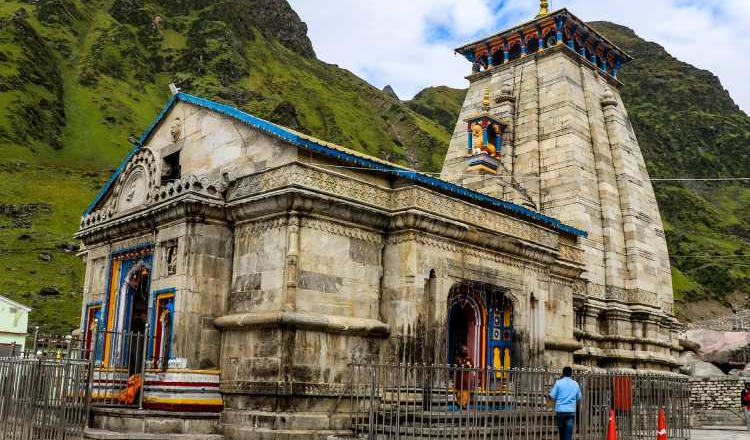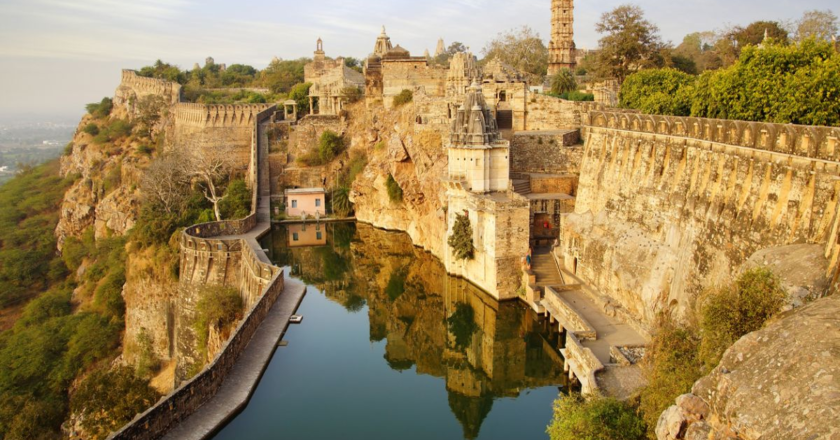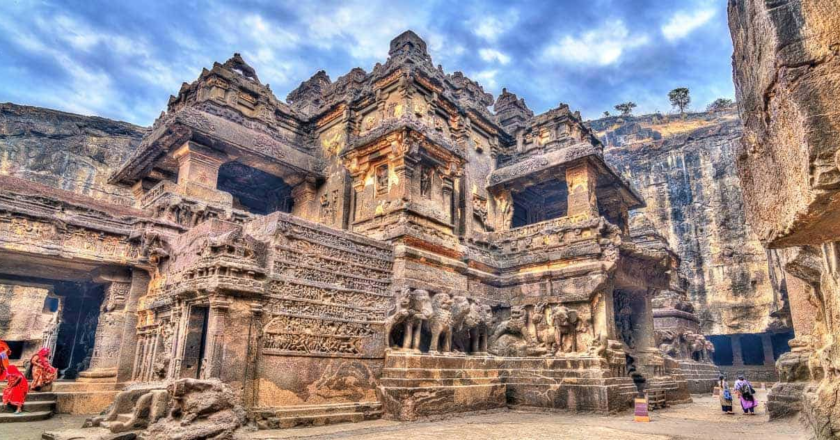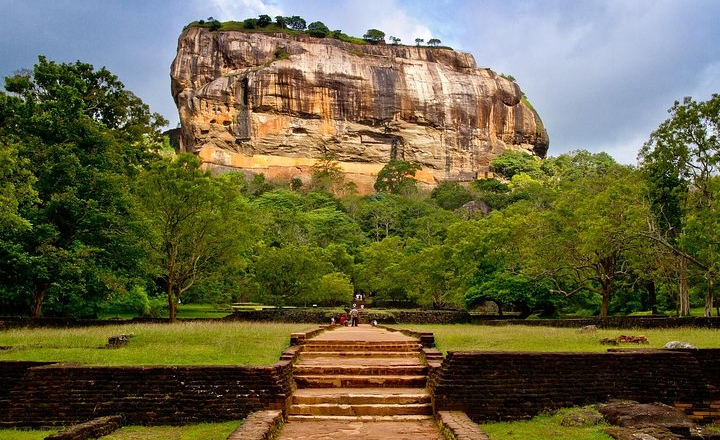Kedarnath Temple, 1200 years old temple with lots of secrets
Have you ever been to a place where unblinking celestials dwell, where air feeds on the calmness since the time immortal? Kedarnath Temple, the sacred Dham of Lord Shiva is one of the most integral parts of Uttarakhand Char Dham Yatra.
Standing magnificently at an altitude of 3,580mts and enveloped in the mighty Garhwal Himalayas. The Kedarnath Temple is one of the twelve Jyotirlingas of Lord Shiva. However, Kedarnath forms one of the four sites of the Chota Char Dham Pilgrimage.
Dedicated to Lord Shiva, Kedarnath Temple is among the 275 temples of Paadal Petra Sthalams (the most powerful Shiva temples in the world).
Legend of Temple
The legend behind Kedarnath It is said that the Pandavas sought Lord Shiva to relieve themselves from the guilt of killing their blood relati...





